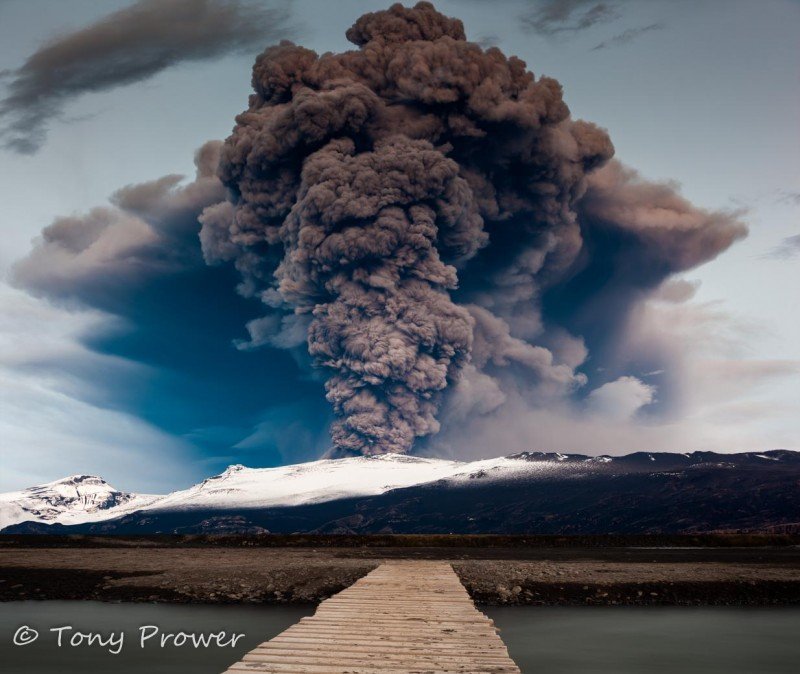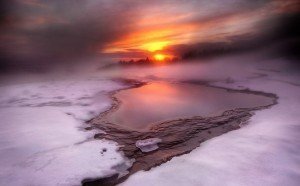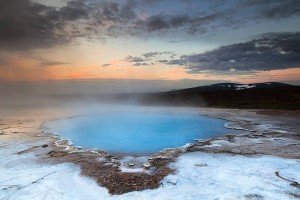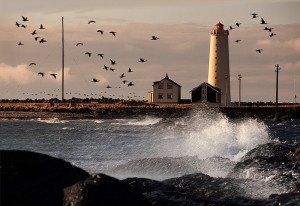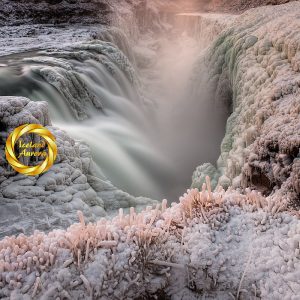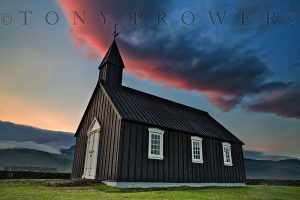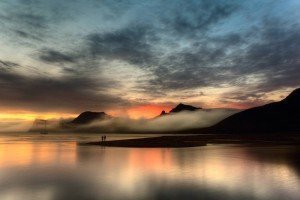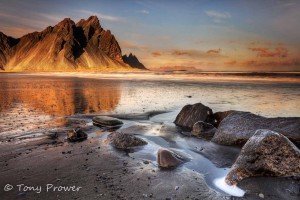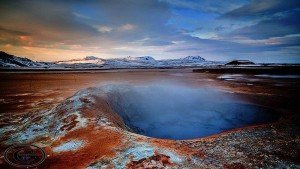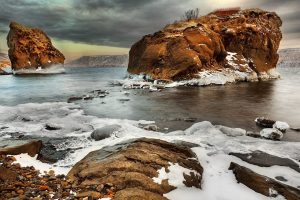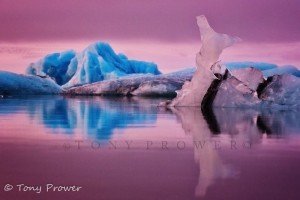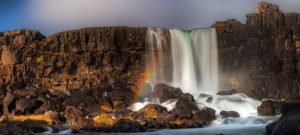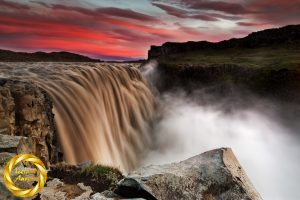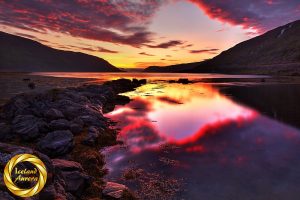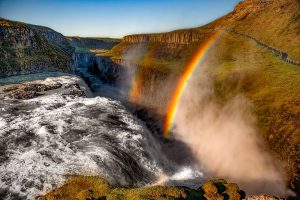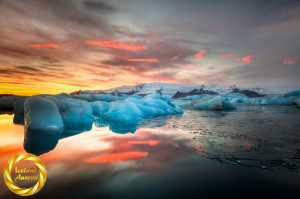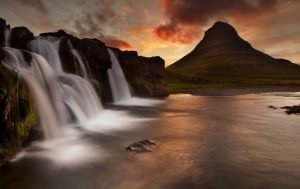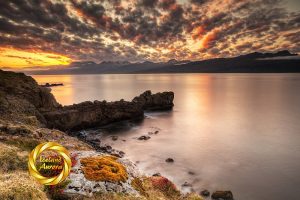In 2010 the whole world heard about Iceland. A volcanic eruption under the Eyjafjalljökull Glacier sent a colossal plume of ash southwards towards Europe and the UK. All planes were grounded because of the fear of damage from the ash cloud. The grounding of all European flights affected international flights all around the world. Luckily, this is quite a small Icelandic volcano.
The Eyjafjalljökull glacier is in South Iceland, close to the Seljalandsfoss and Skogafoss waterfalls and just a few miles from the coast. Inland, the glacier is adjacent to the Westman Islands, which are a chain of volcanic islands off the South Coast.
If you literally translate ‘Eyjafjalljökull’, it means ‘Island Mountain Glacier’. This is because it is included in the chain of volcanoes that make up the Westman Islands, although Eyjafjalljökull is an inland mountain.
Eyjafjalljökull Volcano is a stratovolcano, which means that it is more likely to send exploded ash into the stratosphere than lava flows.
How to say Eyjafjalljökull LINK
Icelandic volcanoes
All Icelandic volcanoes are carefully monitored, but there is a priority given to the ones that erupt often or cause the most destruction. Eyjafjalljökull hadn’t erupted for 200 years and was not considered a threat, but they noticed that the summit of the glacier had risen by a meter. Changes in elevation are a sure sign of changes deep below the volcano.
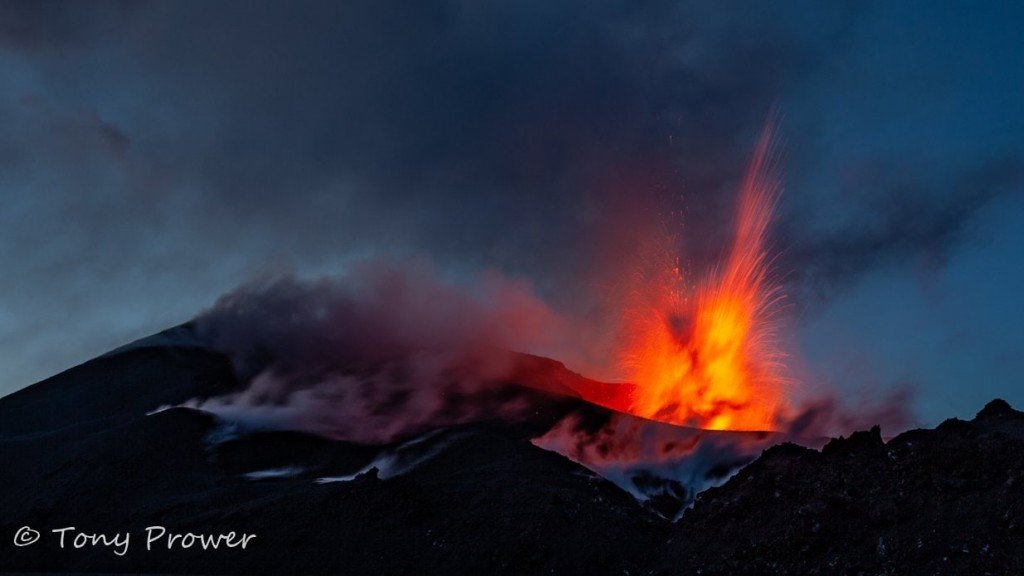
Pro-photographer Sessions
Eyjafjalljökull Power
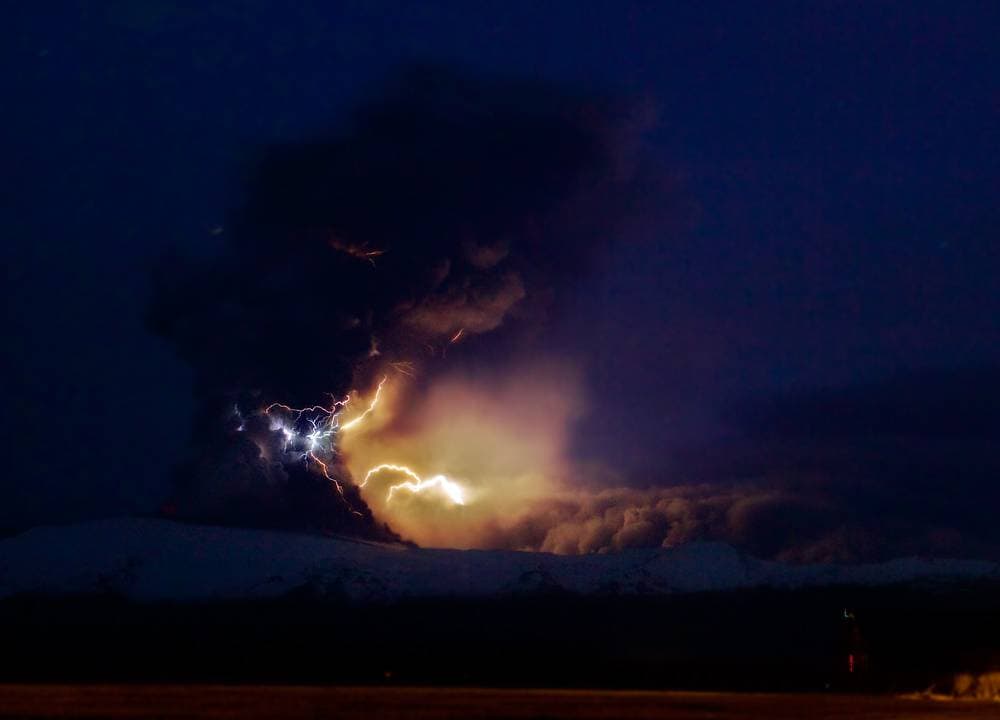
I managed to capture some lightning bolts in the ash plume when it started to get dark. This required an open shutter and long exposure because the lightning strikes were so quick. I took a series of 20-second exposures, and this was the most interesting. The long exposure captures several strikes which although not how the eye sees them, do demonstrate the power of nature.
Photo tours
Although the volcano is no longer erupting, the Eyjafjalljökull volcano photos are available as Canvas Prints..
